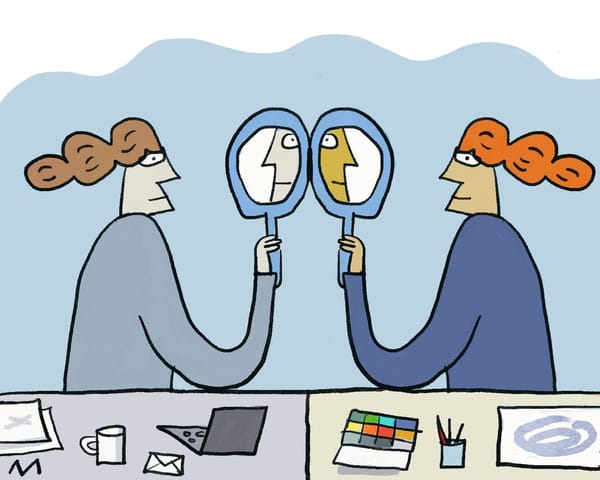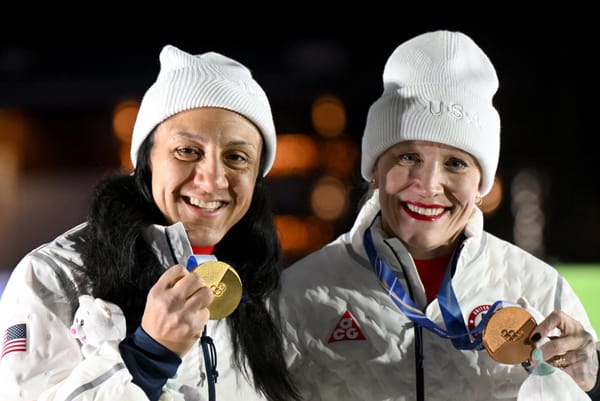Trust in Women Leaders Has Fallen to An All-Time Low
An annual index shows trust in women to lead businesses and governments has dropped in major economies.

Trust in women leaders across the world’s major economies—Canada, France, Germany, Italy, Japan, the U.K. and the U.S.—is at an all-time low.
The annual Reykjavík Index for Leadership—launched in 2018—measures the extent to which people trust women to lead governments and major businesses. This year’s score was 68. While unchanged from 2024, it represents a steep decline from a score of 73 recorded between 2019 and 2021. An index score of 100 would mean that women and men are viewed by society as equally suitable for leadership.
The overall score doesn’t show the whole picture, however. Germany, the U.K. and the U.S. saw notable declines this year compared with last, particularly among adults aged 18 to 34. Germany's score fell from 62 to 60, the U.K.’s from 74 to 70, and the U.S.’s from 68 to 65.
Japan and Italy, by contrast, recorded rising scores, suggesting growing acceptance of women and men as equally suited to leadership roles. Both countries are currently led by women—Japan’s new Prime Minister, Sanae Takaichi, appointed last month, and Italy’s Giorgia Meloni who took office in 2022. In all countries apart from Italy, younger generations were more skeptical of women leaders than older generations—or those aged between 35 and 65.
Michelle Harrison, the global president of Verian Group—the research and communications agency that publishes the findings in collaboration with the Reykjavík Global Forum—noted that this year’s data show that generational divides remain pronounced.
“Younger people generally have lower levels of support for gender equality in leadership than their parents,” she said. Women consistently express stronger support for equality than men, Harrison added, though both face persistent cultural expectations in certain fields. “Men are seen as less suited for leadership than women in childcare,” she said, while women continue to be viewed as less suitable in defense, engineering and aerospace.
Hanna Birna Kristjánsdóttir, a co-founder and chair of the Reykjavík Global Forum, an annual meeting of women leaders that’s held in Iceland, said that while some progress has been observed in recent years, none of it should “taken for granted.” Beyond the G7, she added, even Iceland, which regularly leads the rankings, saw its score fall from 91 in 2022 to 86 this year.
Beyond the G7, the index recorded improvements in Kenya and Nigeria, where scores rose from 52 to 56 and from 57 to 59 respectively. A full report including data from other countries is expected to be released in January. — Josie Cox





